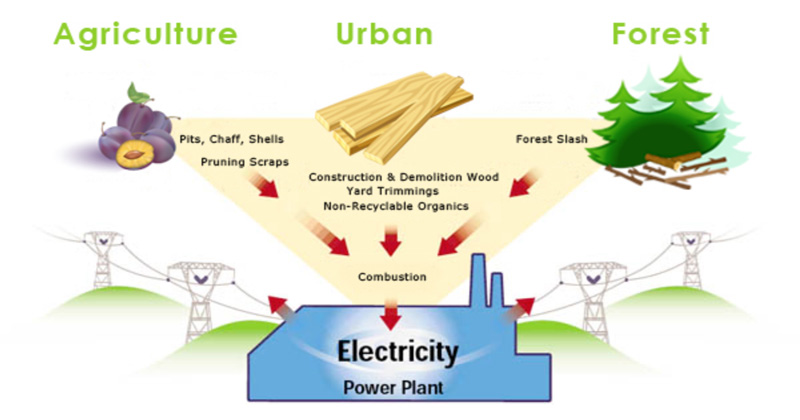Advantages and Disadvantages of Biomass As Renewable Energy Sources
Biomass renewable energy is energy produced from biomass, which is commonly used to make fuels, such as diesel and methanol. Biodiesel is made from biomass by taking waste material such as dead plants or animal manure and converting it into diesel fuel. Biomass can also be decomposed into methane gas, which is then used to create biomass power. The major advantage of biomass energy is that it produces carbon dioxide which is a cleaner fuel than other fossil fuels. In addition, biomass can be easily converted to usable energy through burning.
How Is Biomass Renewable Energy Compared To Fossil Fuels?
In comparison to fossil fuels, biomass produces a lesser amount of carbon dioxide, produces less pollution, and does not contribute to climate change. On the other hand, burning fossil fuels releases carbon dioxide, sulfur oxide, carbon monoxide, methane gas, and other greenhouse gases into the atmosphere which is potentially damaging … READ MORE ...











